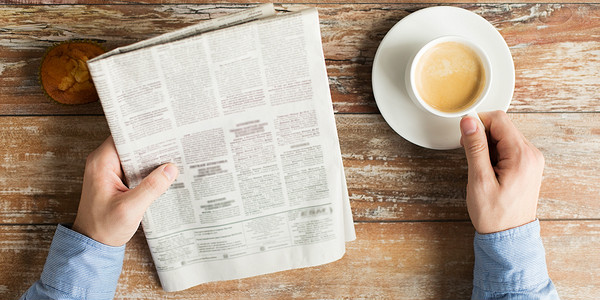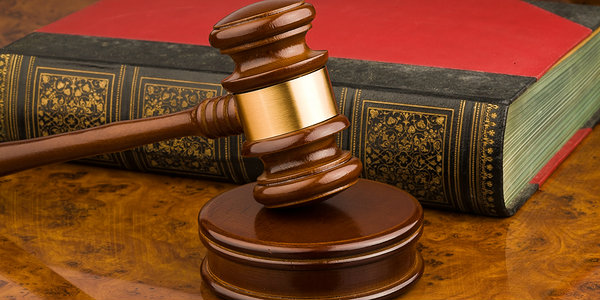How to Apply for a First and Third Class License
A First Class License allows an establishment to serve beer and wine and the application is submitted to the town or city for approval. An establishment that would also like to serve spirits may download and complete a Third Class License application. Application for a Third Class License does not go to the town and may be submitted directly to the DLC with the appropriate fee at any time.


